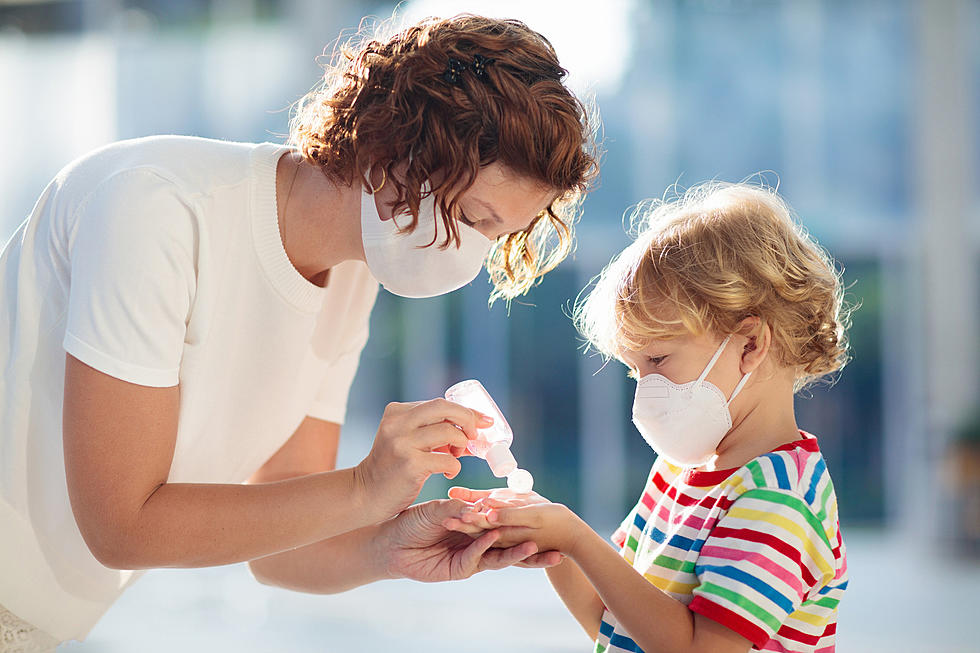
Rutgers doc: Not the right time to reduce quarantine period for students
School officials say most districts will abide by looser guidelines from the New Jersey Department of Health regarding how long a COVID-positive student or teacher needs to stay out of the classroom, but there's concern over whether this greater leeway is coming at the worst possible time.
"Omicron is much more transmissible than earlier variants of the SARS-CoV-2 virus," Stanley Weiss, an epidemiologist at Rutgers School of Public Health and Rutgers New Jersey Medical School, told New Jersey 101.5. "For the general public, I think it was premature to relax the restrictions until we get more scientific data."
According to Weiss, reduced exclusion time for students and school personnel will result in further spread of infections from the omicron variant, especially if other protective measures aren't taken seriously.
Following recommendations from the Centers for Disease Control and Prevention, which suggest that COVID-19 is most transmissible during the beginning stages of one's infection, the NJDOH has revised guidelines to state that individuals who test positive for the virus, including school students and staff, can leave their home after 5 days, instead of 10, if they're not presenting symptoms, regardless of vaccination status.
These individuals are advised to continue wearing a face covering through day 10 — masks must still be worn indoors at all New Jersey schools.
School districts are not required to reduce quarantine times, but many are expected to make the move if they haven't already.
"Most districts will abide by the reduced guidelines in order to maintain continuous instruction for their pupils to the greatest extent possible," Richard Bozza, executive director of the New Jersey Association of School Administrators, told New Jersey 101.5. "I believe that you will see more districts adopting 'test to stay' protocols as well in order to shorten the five-day quarantine period and keep children in school."
If schools are going to take the route of a reduced quarantine period, Weiss said, they must also reassess their ventilation systems; get fitted, adequate masks in the hands of students; and increase social distancing in certain situations, given the greater transmission rate of the omicron variant. Weiss said boosting COVID-19 vaccination rates is crucial as well.
"They're all critically important. Any one alone, I think, is insufficient," Weiss said.
Contact reporter Dino Flammia at dino.flammia@townsquaremedia.com.
NJ towns with indoor mask mandates
New Jersey's smallest towns by population
More From Beach Radio










